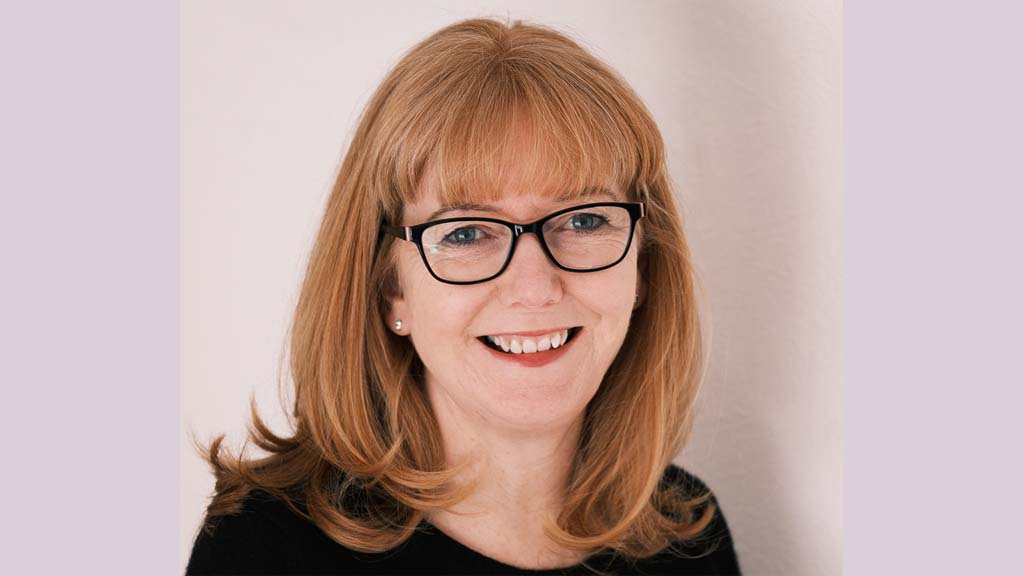FCC chairman defiantly backs net neutrality, calls off secret meetings

The chairman of the FCC said last week it is “unacceptable” for Internet service providers to offer faster Internet transmission to content providers willing to pay higher fees for preferred service. Immediately, secret FCC meetings attempting to find a net neutrality compromise with Internet carriers were cancelled.
“Any outcome, any deal that doesn’t preserve the freedom and openness of the Internet for consumers and entrepreneurs will be unacceptable,” said Julius Genachowski, the FCC chairman.
Genachowski’s statement to reporters came after numerous press reports that Google and Verizon were about to announce an agreement that would violate the tenets of net neutrality. The two companies denied it, but reports persisted that some deal for preferred service was in the works.
The news reports brought a major outcry from consumer groups who have long monitored the issue and had criticized the commission for holding secret meetings with major stakeholders. In the 2008 presidential campaign, Barack Obama made net neutrality one of his major issues, promising to preserve an open Internet in which no form of content is favored over another.
Last April, however, a federal appellate court found that the FCC did not have the authority to regulate how Internet service providers manage their systems. The commission had, in recent weeks, been using the secret meetings to try to negotiate its own agreement with major Internet and content companies.
Edward Lazarus, Genachowski’s chief of staff, who convened the meetings, said in a statement that the efforts had “not generated a robust framework to preserve the openness and freedom of the Internet, one that drives innovation, investment, free speech and consumer choice.”
The FCC is studying the possibility of reclassifying broadband service under the Communications Act. The proposed new designation would allow the agency to apply stricter regulation to broadband service and to further its efforts to expand broadband access to rural areas, particularly where it is not profitable for Internet service providers to offer connections.
The professional video industry's #1 source for news, trends and product and tech information. Sign up below.
“All options remain on the table as we continue to seek broad input on this vital issue,” Lazarus said.
Last week, news reports said Verizon Communications and Google were attempting to hammer out their own separate proposal for how broadband providers should treat Internet traffic. The companies reportedly hope their deal, if there is one, will provide a framework for net neutrality legislation in Congress.
However, reports also said the FCC feared that the proposal from Google and Verizon would not do enough to prevent phone and cable companies from using their control over broadband connections to become online gatekeepers.
Network neutrality — or an open Internet — is the centerpiece of the Obama administration’s technology policy. Yet, the issue has divided the technology and telecommunications industries.
Many large Internet content owners and public interest groups say the rules are needed to prevent phone and cable operators from slowing or blocking Internet phone calls, online video and other Web services that compete with their core businesses. They also worry that without net neutrality protections, broadband providers could start charging extra for priority access over their lines — creating a two-tiered Internet that delivers better connections to online companies that can pay more.
However, the phone and cable companies — including Verizon, AT&T and Comcast — say they need flexibility to manage network traffic so that high-bandwidth applications don’t hog capacity and slow down their systems. They also argue that after spending billions to upgrade their networks for broadband, they need to be able earn a healthy return by offering premium services and warn that burdensome net neutrality rules would stifle future investments.
Several digital rights and consumer groups objected to any private deal between Verizon and Google.
“The notion that a critical question of public policy could be privately negotiated between two industry giants turns the notion of Internet neutrality on its head,” said Leslie Harris, president of the Center for Democracy and Technology. “The goal of Internet neutrality is to prevent gatekeepers and ensure a level playing field. Any negotiation that begins and ends with two companies threatens to undercut that goal.”
Gigi Sohn, president of digital rights group, Public Knowledge, called on the FCC to move forward with net neutrality rules following the collapse of negotiations.
“The path before the FCC is now perfectly clear,” she said. “It must act to ensure that consumers are protected, that everyone can have access to broadband and that the commission has the authority to ensure and open and nondiscriminatory Internet.”
The Free Press welcomed an end to the FCC’s secret meetings. “Phones have been ringing off the hook and e-mail inboxes overflowing at the FCC, as an outraged public learned about the closed-door deal-making and saw the biggest players trying to carve up the Internet for themselves,” said S. Derek Turner, the group’s research director.
“We’re relieved to see that the FCC now apparently finds dangerous side deals from companies like Verizon and Google to be distasteful and unproductive,” he said.
